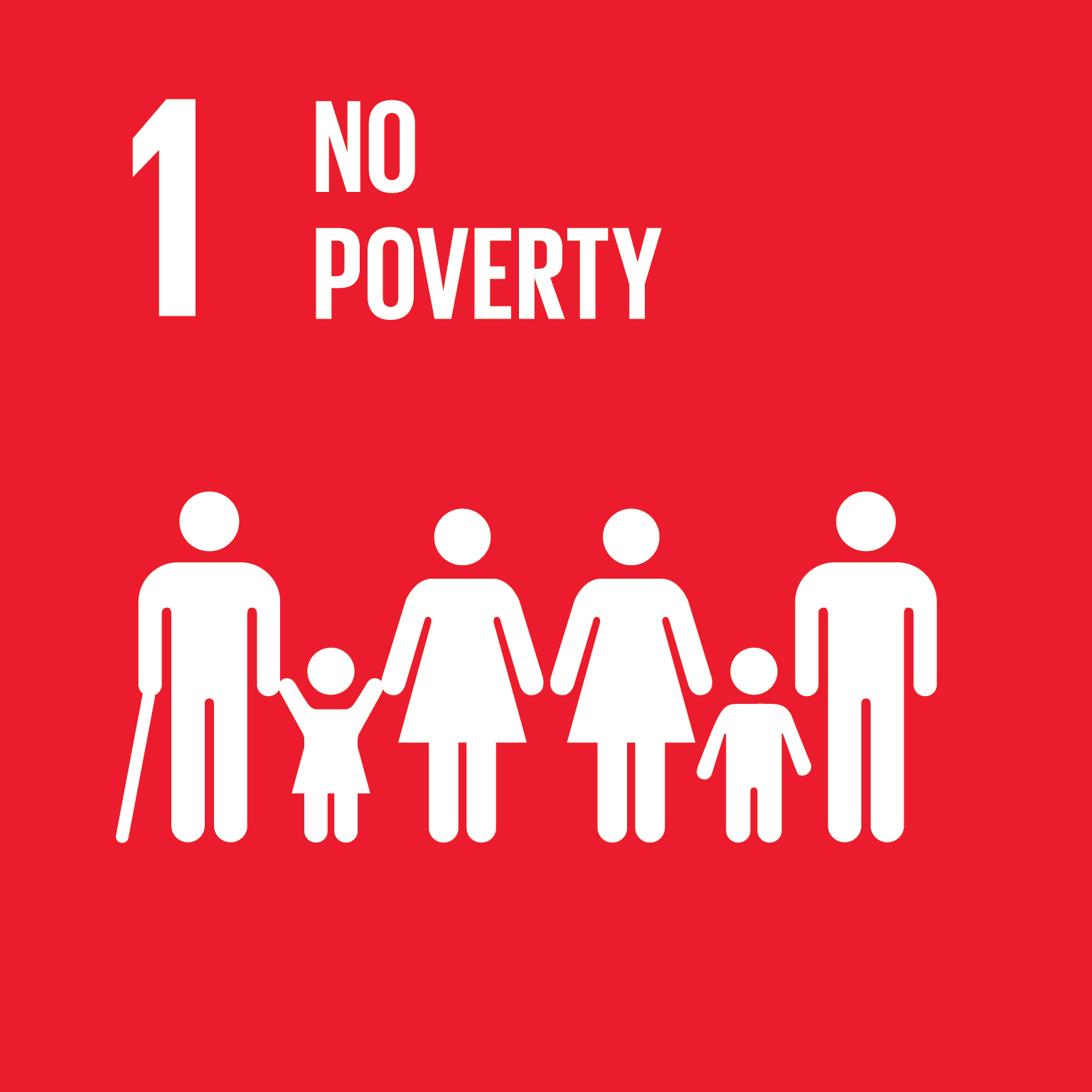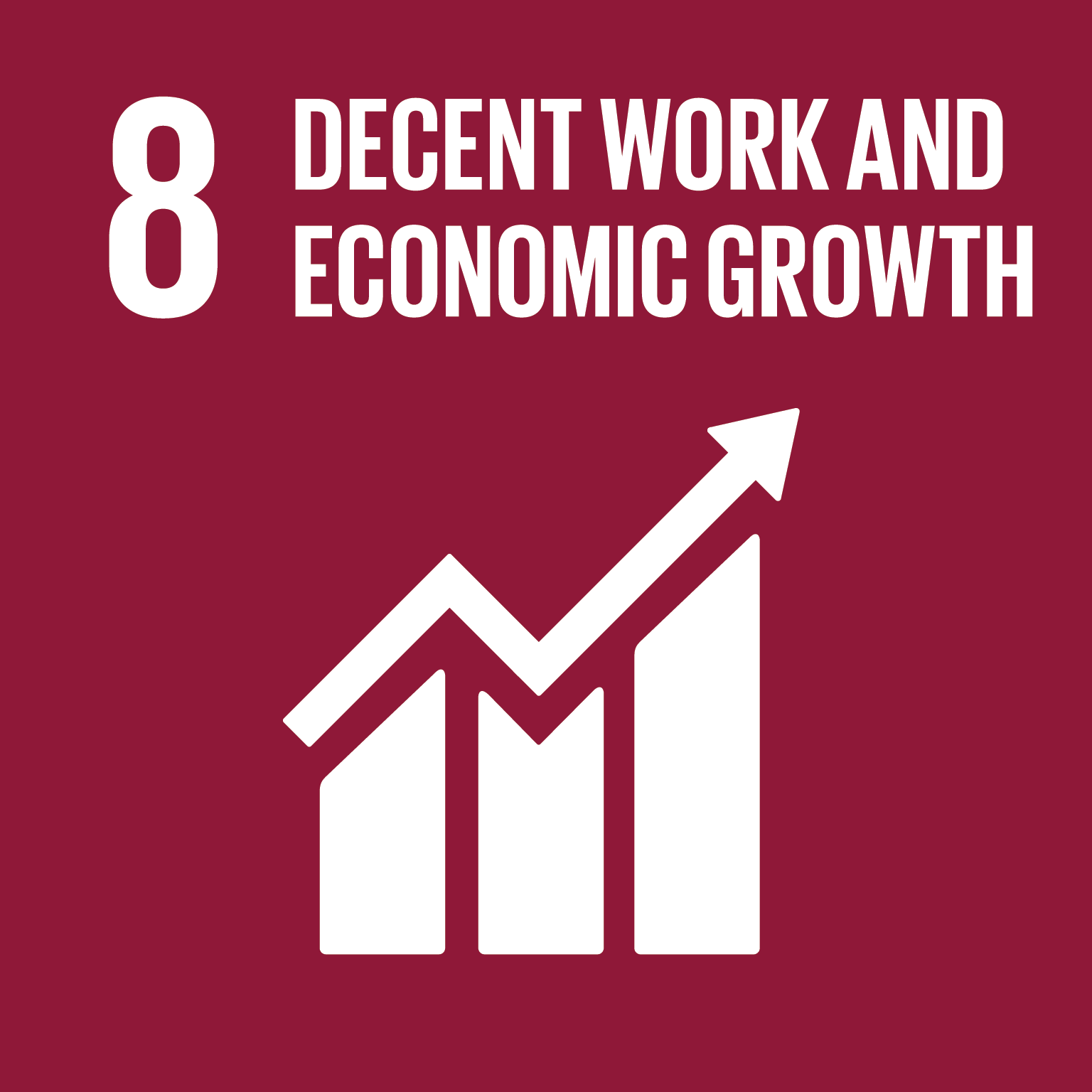Maritime-Continental Silk Road Cities Alliance
Challenges
The world is rapidly urbanizing. In 2008, for the first time in recorded human history more than half the world’s population, 3.3 billion people, lived in urban areas. By 2030, it is estimated that this number will have increased to five billion. Cities play a pivotal role in economic growth and have therefore become a front-line in efforts to address social and economic development challenges.
However, the negative impact of urbanization is increasingly being recognized. Cities can exhibit extreme, densely concentrated forms of poverty and inequality and significantly contribute to other global issues such as climate change. Particularly in the developing world, cities often lack much-needed infrastructure, urban planning capacity, while exhibiting weak institutions such as limited data availability, collection and analysis, and limited social protection. These can limit the ability of cities to contribute to the achievement of the sustainable development agenda.
Towards a Solution
Acknowledging such a scenario, the United Nations Office for South-South Cooperation (UNOSSC), the China International Centre for Economic and Technical Exchanges (CICETE), an affiliated agency of the Ministry of Commerce of China, the United Nations Industrial Development Organization (UNIDO) and a group of cities came together to explore the possibility of creating a platform to connect cities, build partnerships, and exchange knowledge, experience and technologies.
The Maritime-Continental Silk Road Cities Alliance (MCSR CA) was initiated in 2015 as the result of these discussions. It was developed to align with the cross-regional Belt and Road Initiative (BRI), which connects countries of Asia, Africa and Europe. Championed by China in 2013, the BRI has gained the political support of more than 60 participating countries and international organizations.
The MCSR CA aims to tackle trade and investment and other sustainable development issues at the city level with the full engagement and ownership of local authorities and stakeholders. It has been designed to facilitate the coordination of policies, building of partnerships, formulation of local projects/ initiatives, and access to finance in Africa, Asia, Europe and globally.
In 2017, UNOSSC signed a full-fledged global project funded by the Government of China to support the work of the MCSR CA. The full-fledged MCSR Cities Alliance project seeks to further align its support for the five priority areas of the BRI namely: policy coordination; infrastructure connectivity; unimpeded trade; financial integration; and people-to-people exchanges.
The MSCR CA is a membership-based initiative. It operates through a number of bodies:
The Cities Alliance Assembly is comprised of all members of the MCSR CA. It serves as a forum which brings together mayors and other senior officials to discuss high-level issues such as policy alignment.
The Business Council, comprised of representatives from government, the private sector, civil society and other stakeholders, to promote intra-city trade and investment.
Multi-stakeholder Specialized Committees, each with a specific thematic focus. To date, Committees on smart cities and emerging industry; outdoor sports; education-science, culture and communication; investment and trade promotion; and sports have been established. Committees on finance; transit and logistics; traditional medicine; new energy; tourism; think tanks; and environmental protection are planned.
As of March 2018, there are 37-member cities/ organizations under the framework of MCSR CA.
Some concrete examples from MCSR CA Specialized Committees:
Facilitated by the MCSR CA Business Council, a private sector member of the MCSR CA from Fujian Province, China has invested in the Haiha District Industry Park of Tinh Quang Ninh, Viet Nam. The planned construction area of the industrial park is 3,300 hectares, with a total investment of USD 20 billion. So far, the private sector partner has invested a total of $1.172 billion in Tinh Dong Nai, Tinh Quang Ninh and Tinh Thai Binh, Viet Nam, and established Vietnam’s largest cotton textile production enterprise, with 7 subsidiaries. The cotton spinning capacity of the partner in Viet Nam is 1.25 million spindles, accounting for 17 per cent of Viet Nam’s production capacity, and the annual output of 300,000 tons accounts for 43 per cent of Viet Nam’s entire output.
The partner has also been actively involved in local charities and donated funds to sponsor education, health care, and transport initiatives. In terms of human resource management, the partner implements a talent localization strategy. The total number of Vietnamese employees in three provinces is over 20,000, helping to address local employment problems. Employees are also offered the opportunity to undertake training at headquarters in Mainland China. More investment projects between Fujian Province and Viet Nam have been proposed as a result of this investment.
In line with the priority areas of the BRI, the Chongqing-Vienna Culture Festival was organized in Chongqing from 17th October to 20th October 2016 to promote people-to-people exchanges. It was the first cultural event held by the MCSR CA Smart City & New Industry Committee and comprised of a total of 8 Sino-Austrian events including: a collaborative performance by the Vienna Classical Orchestra and Chinese traditional musicians; the Sino-Austrian Urban Culture Development Forum; and the Sino-Austrian Film Industry & Culture Forum. The Chongqing Initiative signed by Chinese and Austrian guests during the festival is a milestone in BRI strategy and in- depth cooperation among cities along the Silk Road. The festival attracted thousands of participants, and more than 2.819 million participants joined through the Sina Weibo platform.
Sustainable Development Goal target(s): 3.8, 8.2, 9.4, 11.3, 13.1,17.6
Countries/territories involved: Global
Contact Information
Name: Ms. Liu Yang, Project Officer, MCSR CA Secretariat, CICETE
Countries involved
Afghanistan, Yemen, Zambia, Zimbabwe
Nominated By
China Institute for South-South Cooperation in Agriculture (CISSCA)
Supported By
UNOSSC, UNIDO, UNDP
Implementing Entities
UNOSSC, CICETE
Project Status
Completed
Project Period
9/2017 - 11/2021
Primary SDG
11 - Sustainable Cities and Communities
Secondary SDGs
11 - Sustainable Cities and Communities
Similar Solutions






